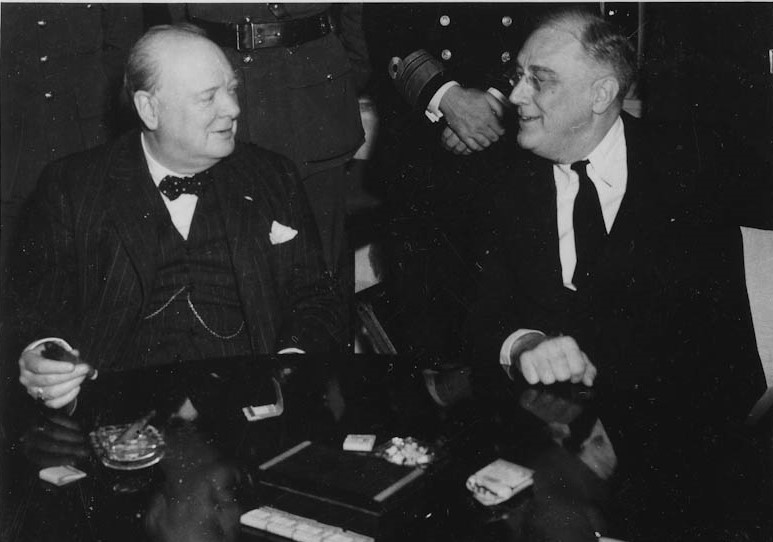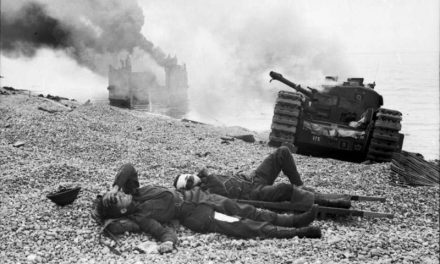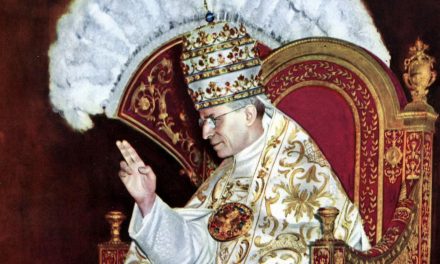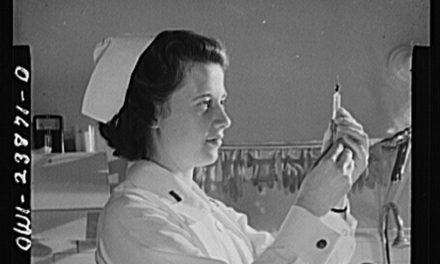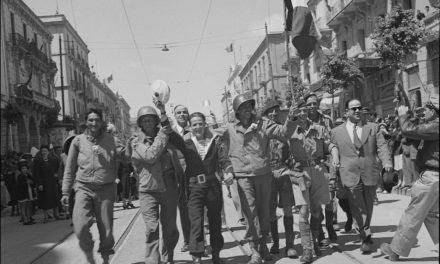At the Casablanca Conference, the U.S. and Great Britain officially unified with Free French allies in an agreement covering every “theatre of war.” President Franklin Roosevelt and British Prime Minister Winston Churchill met at the 10-day conference from January 14-24 at the Anfa Hotel in Casablanca, Morocco to discuss strategies to end Hitler’s empire.
The French commanders General Charles de Gaulle and General Henri Giraud, who have resisted the Nazi takeover of their country, also attended. The two made an agreement that they hope to reach “the liberation of France and the triumph of human liberties,” with “all French men fighting side by side with all their allies.” The U.S. and British committed “to use all our intelligence and all our power, to make certain that no post-war government is set up in France except in accordance with the freely expressed wishes of the French people.”
Roosevelt and Churchill were in contact with Russian Premier Joseph Stalin and Chinese Generalissimo Chiang Kai-Shek, neither of whom was present. Roosevelt explained that these leaders were not a part of the discussion because Russia is not at war with Japan, and China is geographically not in a position to be at war with Germany. However, China and Russia are following a similar course, attempting to get rid of enemy invaders on their homeland. They were fully informed of the deliberations that Roosevelt and Churchill made. There was “complete agreement upon war plans and enterprises to be undertaken during the campaign of 1943 against Germany, Italy, and Japan, with a view to drawing the utmost advantage from the markedly favorable turn of events at the close of 1942.”
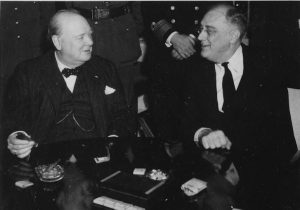
Prime Minister Churchill and President Roosevelt at Casablanca, January 1943. From Franklin D. Roosevelt Presidential Library/National Archives.
Roosevelt and Churchill agreed that a negotiated armistice would not satisfy either leader. The U.S. and Britain will only tolerate an unconditional surrender by Germany, because a negotiated armistice would simply end the fighting. The unconditional surrender would discourage both the German military and German population, thus no longer supporting the war effort. If the Allies can begin to take down Hitler’s support system and lower his army’s morale, then it will only be a matter of time until Hitler is defeated.
The men decided which sector should be chosen as the first point of the attack on Hitler’s empire. There are currently no details being released about the strategy that the Allies will take. Prior to the Casablanca Conference, the United Nations had no structured plan. It was an entirely opportunistic strategy of war. This is not to say that there were absolutely no war plans. Those war plans have been revised and improved as time went on. In addition, there is no question that each detail was thoroughly discussed and worked out, including a possible landing on the coast of Norway or an air raid on Japan.
Sources:
“Casablanca.” The Manchester Guardian (1901-1959), Jan 27, 1943, pp. 4, ProQuest Historical Newspapers: The Guardian and The Observer, https://search-proquest-com.ezproxy.shu.edu/docview/485100269?accountid=13793.
Hanson, Baldwin. “Offensive strategy laid down at Casablanca.” New York Times (1923-Current file), Jan 31, 1943, pp. 1, ProQuest Historical Newspapers: The New York Times, https://search-proquest-com.ezproxy.shu.edu/docview/106517051?accountid=13793.
“President’s Press Conference: Tells of Military Talks at Casablanca.” Wall Street Journal (1923 – Current file), Feb 03, 1943, pp. 3, ProQuest Historical Newspapers: The Wall Street Journal, https://search-proquest-com.ezproxy.shu.edu/docview/131499791?accountid=13793.
“Rendezvous at Casablanca.” New York Times (1923-Current file), Jan 27, 1943, pp. 20, ProQuest Historical Newspapers: The New York Times, https://search-proquest-com.ezproxy.shu.edu/docview/106496910?accountid=13793.

